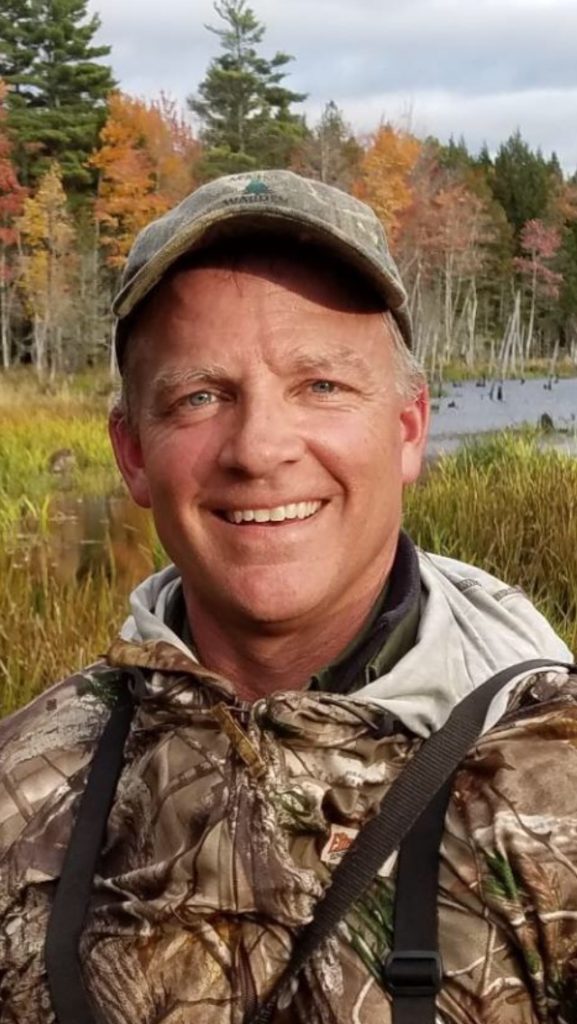
When disaster strikes, you will wish you had a life jacket
By Jim Fahey
My first assignment as a game warden was to the Caribou District in 1994. I had completed 12 weeks of training at the Maine Criminal Justice Academy at the old Silver Street facility in Waterville in mid-May. The Advanced Warden School in Calais wasn’t to begin until early June. I reported for duty in The County in between the two training academies.
The section sergeant was Glynn Pratt who assigned me to work with one of my new section mates each day. It was a good way for me to meet the crew, learn the geographics of the section and generally stay out of trouble prior to completing my training. Section III, Division E, at that time, included four veteran game wardens: Phil Dumond (Estcourt Station), Gary Pelletier (Cross Lake), Fred Jackson (Stockholm) and Chuck Richards (Fort Kent). Their time in service ranged from 17 to 38 years. Then there was me. I wasn’t even fully trained and was still wet behind the ears.
Chuck and I worked together Memorial Day weekend that year. I remember it snowed 6 inches Friday night. We traveled to Red River Camps and found the owner, Mike Brophy, busy trying to thaw out some frozen water lines. It might just as well have been the middle of winter. It was cold.

While on patrol that day Chuck and I had plenty of time to talk about spring fishing, cold water and boating safety. We knew that eager anglers would be afield, despite the weather. He flat-out told me, “I’ve never recovered a drowning victim that was wearing a life jacket.”
I am here to tell you that he was right. I spent the next 25-plus years working as a game warden and assisted with searching for and recovering dozens of people who had drowned. None were wearing a personal flotation device, or PFD.
As ice-out fishing and paddling season approaches please consider investing in and wearing a comfortable PFD. There are many available on the market that offer a full range of motion and comfort. The orange “horse collar” life jackets that many of us grew up with were bulky and hot. Hence, they were unpopular and often not worn with regularity.
Game wardens are issued self-inflating life preservers. There is a seal that dissolves when contacted by water, which causes a CO2 cartridge to automatically inflate the PFD. If the person wearing it is incapacitated in any way this feature is invaluable. These types of PFDs have manual pull tabs for inflation, as well. They are comfortable, even in hot weather.
In short, PFDs are like seatbelts. They save lives. No one expects to capsize their watercraft and become immersed in water, just as no one expects to be in a car crash. The time to don the PFD is before a problem arises, not in the middle of a crisis. By wearing one, you increase the possibility of self-rescue. It also buys you invaluable time on the surface should you require rescue by others.
Shop around, find a comfortable PFD and commit to wearing it this spring season. Be sure to provide Type III life preservers that are in good and serviceable condition to all your passengers. Adhere to all safety rules, review your boating safety equipment list, watch the weather and let someone know where you are going and when you plan to return. I guarantee you’ll be glad you did if the unexpected happens. There are a lot of game wardens, past and present, who would agree with me.